Humiliating chaotic pullout exposed US policy failure in Afghanistan: Analyst
An analyst says the US military’s “hasty, chaotic and humiliating” withdrawal from Afghanistan is indicative of Washington’s policy failure in the South Asian country, where Americans were not able to pave the way for nation building or political rehabilitation.
In an interview with Press TV, Nabila Jaffer, a research analyst at the Institute of Regional Studies (IRS) in Islamabad, said Washington overlooked the realities on the ground in Afghanistan and miscalculated the outcome of the war, during which it transported the military equipment and forces from thousands of miles to the country and partnered with some regional countries through a carrot-and-stick policy.
She added that American forces’ chaotic evacuation from Afghanistan shows the strategic failure of the US, which is the outcome of its “shortsighted zero-sum political vision” and “disregard for other cultures and their values.”
“So, it was not simply a strategic failure but also a policy failure. The Afghan Security Forces fought against Taliban as long as their Masters were present in Afghanistan. They delivered their services as long as they were paid and supported by the modern firepower of the US and coalition forces. But as soon as the Masters decided to leave, the motivation of fighting against Taliban also evaporated,” Jaffer said.
“The US is overdependent on its military capabilities. The military supremacy has blinded its political wisdom to calculate the outcome and investment on the war adventure in Afghanistan. Afghanistan was already a war-torn country with weak structure, mired with ethnic division and run by a group of religious and tribal people in 2001. Waging a war against such country itself is a huge embarrassment for the kind of militarily and economically strong country with super power stature. And then opting for a face-saving exit from that country after 20 years of war, trillions of investment human and material loss, without creating a state is more than humiliating,” she added.
She described as “flawed” the US definition and understanding of terrorism in Afghanistan, stressing that what the Americans call terrorism was “the byproduct of their gambling with the religion for political gains.”
“They promoted certain brands and factions of Islam which were helping the US to achieve their political objectives in the Middle East. The religious intolerance and forced occupation happened under the blessings of the US. Therefore, the creation of such brands and supporting unjust occupations created structural hatred for the US. Some groups turned against the US and they became the powerful and ambitious non-state actors to not only harm the previous Masters but also become the custodian of Islam on global scale which also harmed Muslims and Islam. Not only Afghanistan but the entire world paid the price for the structural mistakes, selfish and biased policies of the US. The links between such non-state actors and Taliban was defined as a collective form of terrorism,” the analyst explained.
“Once the US viewed al-Qaeda and Taliban with the same lens of terrorism, but after depleting huge amount of money on the flawed project of nation building in Afghanistan through a bunch of corrupt leaders, the US went back from its previous stance. After weakening al-Qaeda, the US tried hard to quash Taliban but when unable to do that, they started calling them insurgents. Further softening its position, they started negotiation with them to bring them into the political fold with other ethnic governors if they agree to secede war on American forces. So, the US was back to square-one in its fight against terrorism. And finally brokering a deal in Doha, Qatar with Taliban for the US withdrawal. Such a narrow and biased view of terrorism was employed in case of Afghanistan. Actually, the US invasion of Afghanistan resulted into the real manifestation of terrorism in which the main target of violence were non-combatant innocent civilians,” she added.
She noted, “The US also failed on its agenda of nation building or political rehabilitation in Afghanistan. The US installed a government with least electoral turnout amid the ongoing Taliban resistance and violence, the creation of modern education institutions, encouraging female education and representing Kabul with the leadership of moderate face was considered as the US achievement. However, the benefits of huge investment did not reach to the peripheries in Afghanistan. Afghanistan remained hostage to corruption. The disconnect between the leaders sitting in Kabul with the local people was the biggest reason for failing to consolidate the actual writ of power.”
The Taliban took over Afghanistan in mid-August amid swift advances on the ground, which many attribute to a hasty pullout of US-led foreign forces from the country.
The US military led the invasion of Afghanistan in 2001 in what it proclaimed was a war on terror meant to eradicate the Taliban, but two decades later, the US occupation forces left the country with a humiliating defeat.

Biden set to lose re-election over his genocidal policy in Gaza: US journalist

Frightful Biden-Trump rematch planned for November: Analyst

US Empire controlling people's minds to maintain hegemony: Scholar
Yemeni forces strike key Israeli targets with ballistic missile, kamikaze drone
Iran unveils legal strategies for SCO states to counter challenges
Gaza’s slow death: How aid blockade has pushed Palestinians to the brink
US plan requires Ukraine to give 20% of territory to Russia: Report
Iran: New sanctions show US 'lack of goodwill' in talks with Tehran
Charred bodies found in school as Israeli strikes kill dozens in Gaza
VIDEO | Press TV's news headlines
The April Revolution: One-year anniversary of Gaza solidarity encampments in US


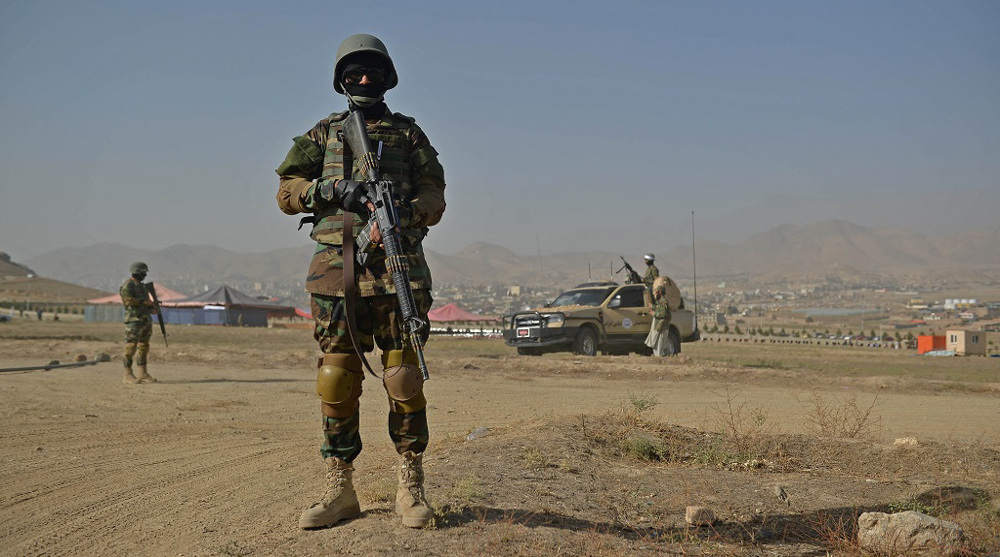
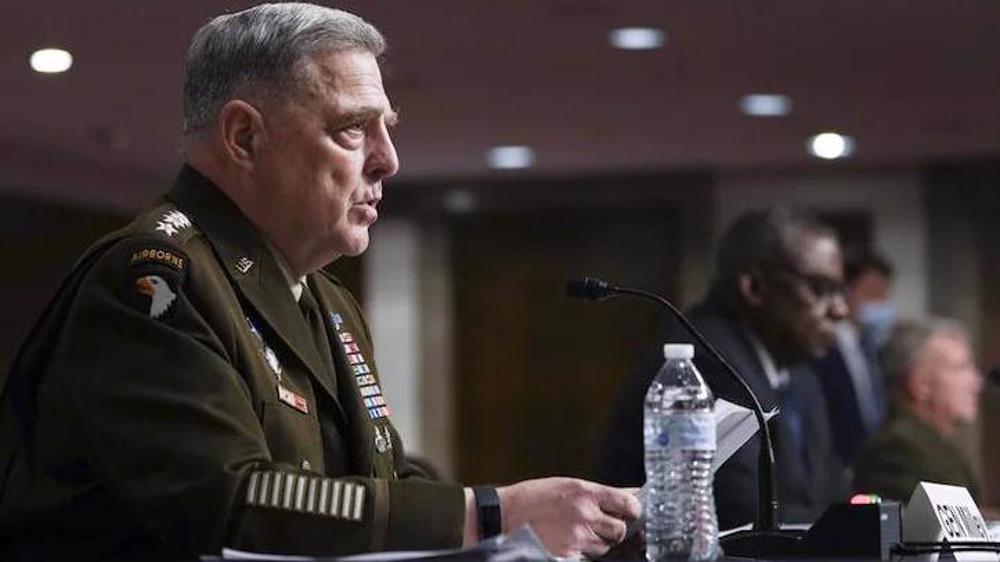



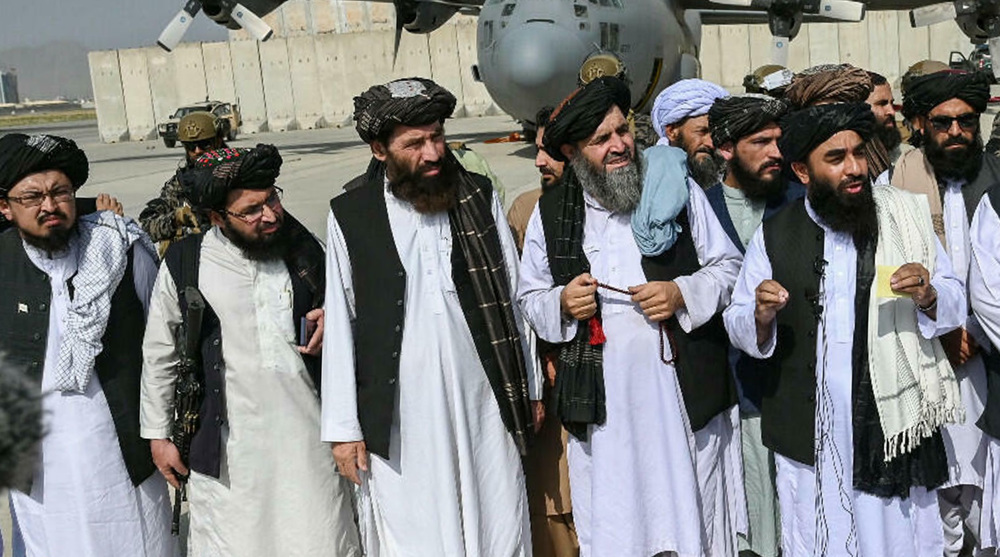
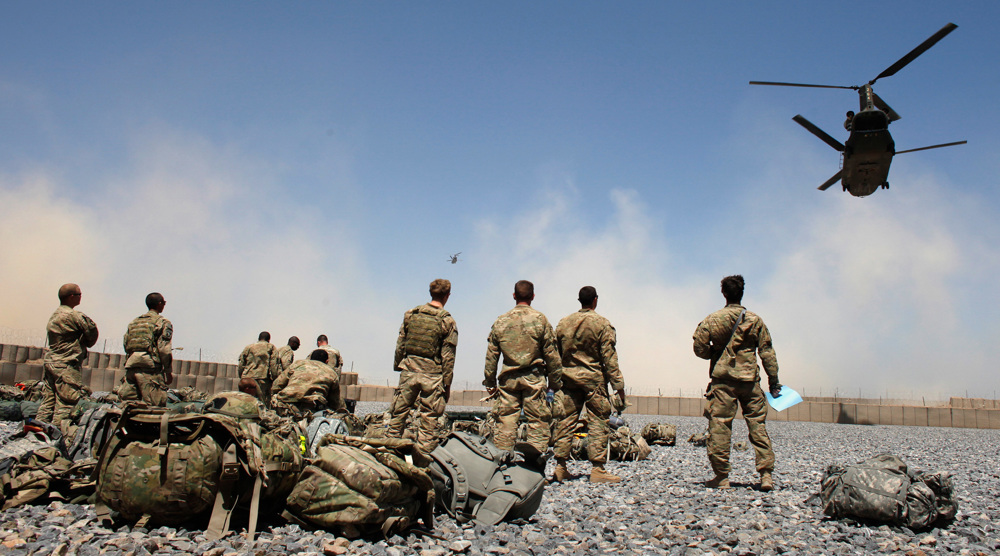
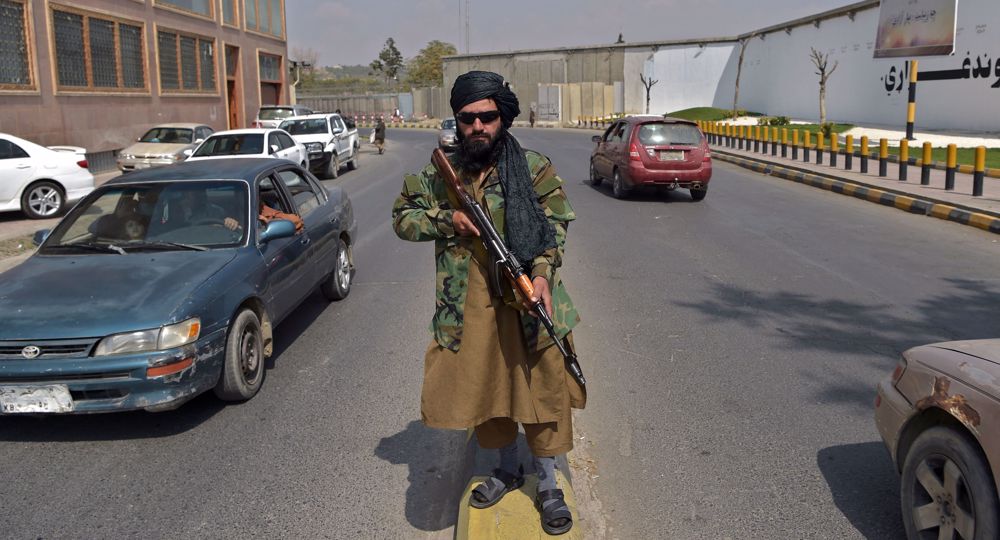
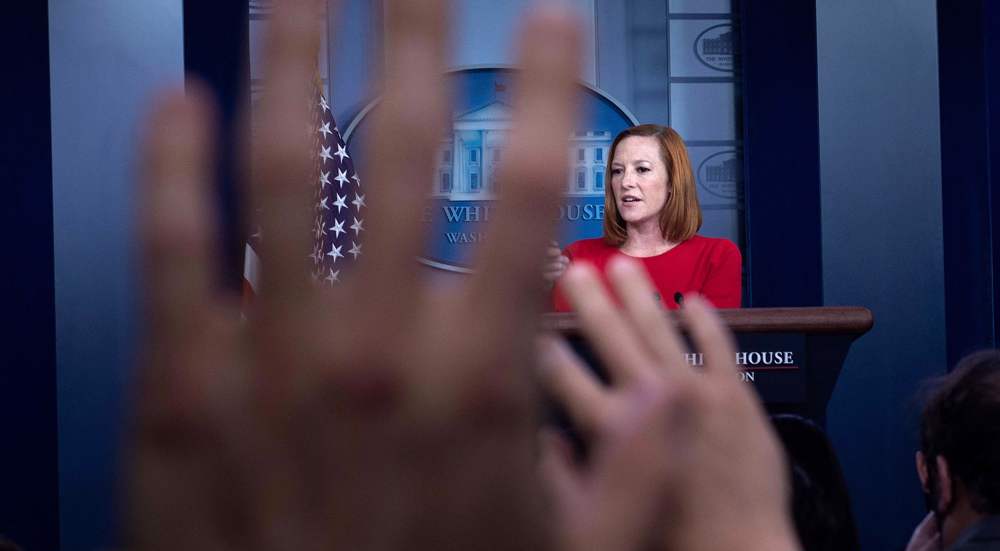
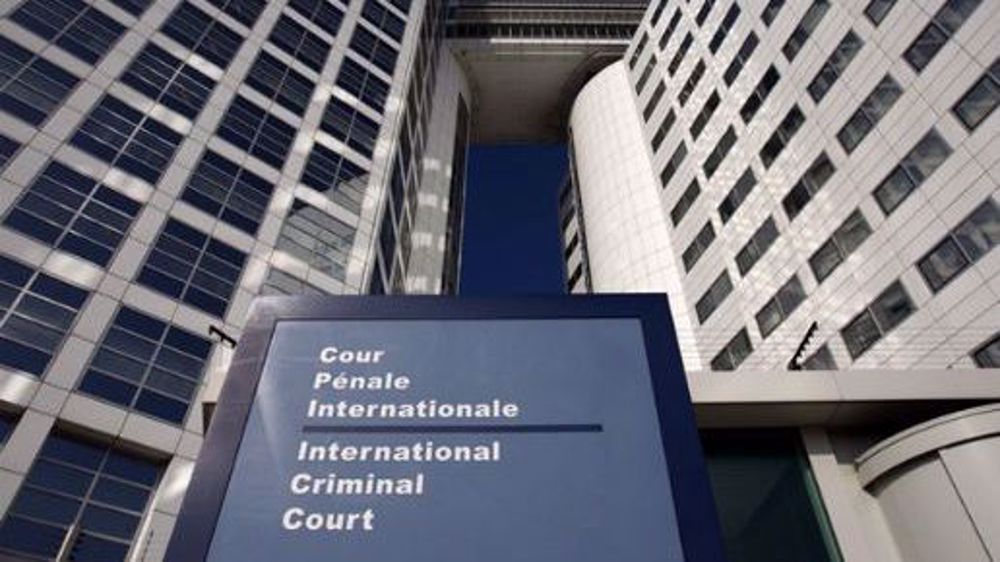
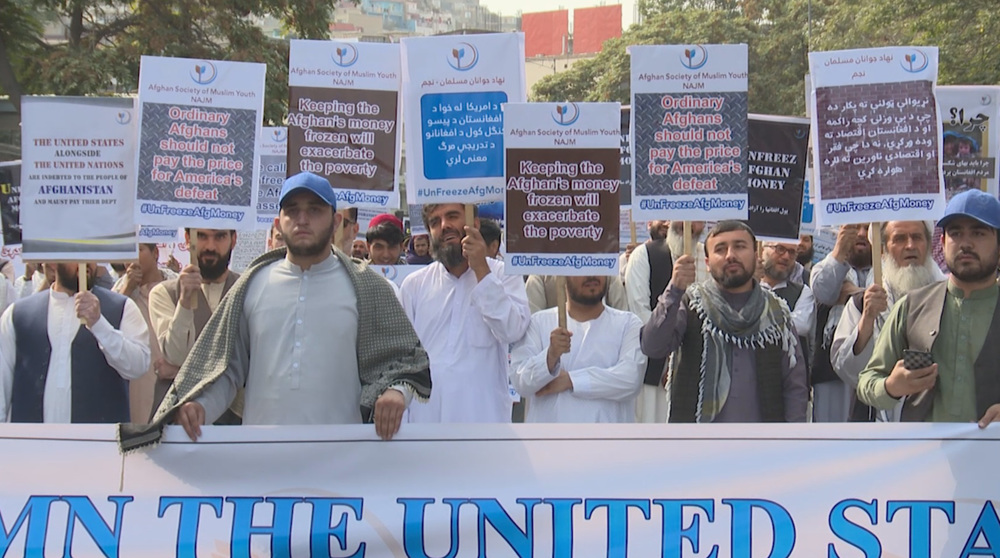

 This makes it easy to access the Press TV website
This makes it easy to access the Press TV website